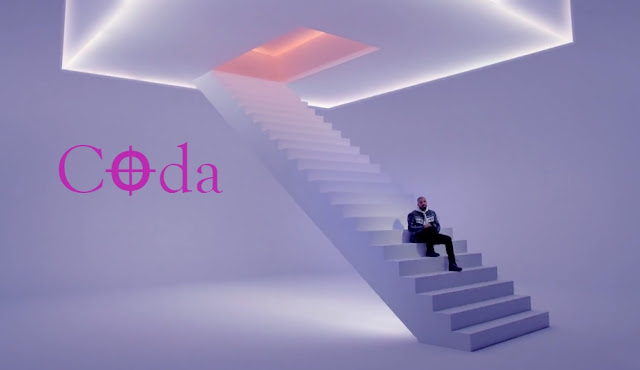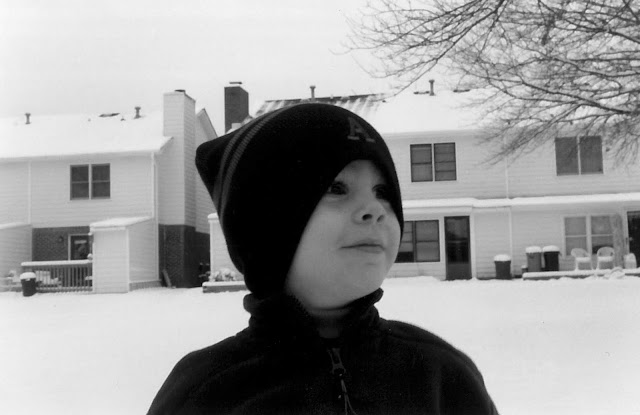So, Introducing Coda: A Musical History of the Last Decade.
 |
| Photo courtesy of Azure Magazine. |
In just a few short months 2019 will end, bringing to a close not just a year but a decade. The world will look forward towards the new Roaring Twenties without so much as a second glance at the decade that has just passed it by. But not me. I'm the sentimental type. So, over the course of the next 8 months or so I'm going to look back at the 2010s and reflect on what I know best. Music.
The last decade has seen, or should I say heard, a monumental shift in music. Ten years ago Michael Jackson was still alive, as was Prince, Whitney Houston, Amy Winehouse, David Bowie, Aretha Franklin, Tom Petty. The list goes on. Music streaming as we know it now was infantile. Pandora was confined to the radio. Spotify and Soundcloud were only a few years old. The iTunes store reigned supreme and wouldn't give way to Apple Music for another half decade. Most people were listening to music on iPods; the iPad hadn't even been invented yet. Hell, there hadn't even been a dozen NPR Tiny Desks by the turn of the decade. But from 2010 to 2019, music changed.
Suddenly music was everywhere and nowhere at the same time. CDs joined cassettes and vinyl in the realm of novelty. Music became abstract, intangible. Musicians began releasing everything online. No more hard plastic, data took over. And as physical distribution dissolved, as did the music genres that had defined the last fifty years of music. Between 1960 and 2009 music followed a fairly straight forward trajectory. Rock n' roll got grittier with each decade. Pop music was increasingly made to get radio spins. Hip-hop was largely regarded as a black subculture. Electronic music was relegated to the clubs, a niche that wouldn't quite die the way disco did. As folk and country legends, such as Johnny Cash, Dolly Parton, and Bob Dylan, died and grew old, the genres faded from prominence with them.
But then, something changed. In 2019, ten years later, music has been turned on its head. Rock has become softer, more indie. Whole pop albums are being made for streaming services, releasing there before disc jockeys can even get their hands on a single. By 2017, hip-hop surpassed rock and pop as the most listened to music genre in the world - a subculture no longer. Electronica moved out of the clubs, invading recording studios and mutating the voices and beats of artists such as Calvin Harris, Bon Iver, and T-Pain. Oh and a country album won Best Album of the Year at the Grammy's in 2019. This is not to mention the rise of trap music which suddenly turned Atlanta into the globe's music capital, churning out hit artists that top the charts the world over.
The last decade may have produced the best music in the last thirty years, and it may be the most influential musical decade since the 1960s. Thus, it deserves our full attention one last time before it is penned, closed, and forgotten to history books. That's what this project, Coda, is for. It's a dedication to the music of the 2010s.
To the untrained ear, a coda is an often forgotten about, largely symbolic, musical annotation. It comes at the end of a piece. No one, save for a few musical nerds, would identify a coda's place in a song by name; as we know it for its general use, the "outro." The four minute outro to "Hey Jude" by the Beatles may be the most famous example of a coda. It's an often repeated musical cadence that brings together all the musical elements of the piece, before bringing it to a close. And thus, it is an appropriate name for a project dedicated to reevaluating the music, trends, and pieces from a decade before its end. We'll go back together and replay those tracks and albums from years gone by and define the impact of the 2010s in our ears, world, and lives one last time. This is Coda. 𝄌


Comments
Post a Comment